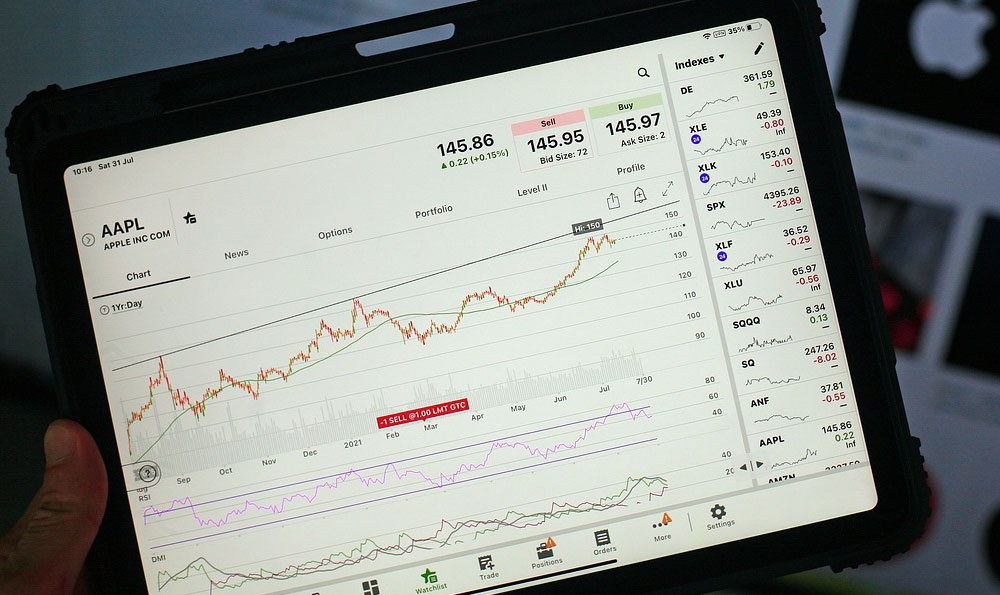The allure of generating passive income, particularly through platforms like Airbnb, is undeniable. The idea of owning a property and having it generate revenue while you sleep is certainly appealing. The question, however, isn't simply whether it's possible, but rather to what extent and under what conditions achieving substantial and sustainable Airbnb income is realistic.
Firstly, understand that generating significant income from Airbnb is rarely a truly passive endeavor. It requires active management, strategic planning, and a realistic assessment of both the potential rewards and the inherent risks. The romantic vision of hands-off earnings often clashes with the realities of property upkeep, guest communication, pricing adjustments, and navigating local regulations.
The most crucial factor determining your potential Airbnb income is, undoubtedly, location. Properties in high-demand tourist areas, near business districts, or close to major attractions command significantly higher rental rates and occupancy rates. Coastal cities, popular ski resorts, and urban centers with thriving economies are prime candidates. However, even within these broader categories, hyperlocal factors play a critical role. A property within walking distance of a famous landmark or a vibrant entertainment district will outperform a similar property located further away. Therefore, thorough market research is essential. Analyze occupancy rates, average daily rates (ADR), and competitor pricing for comparable properties in your specific area. This data will provide a realistic benchmark for your potential earnings and help you develop a competitive pricing strategy.

Beyond location, the quality and appeal of your property are paramount. This encompasses several key areas:
-
Property Condition and Amenities: A well-maintained, clean, and aesthetically pleasing property is crucial. Investing in quality furniture, comfortable bedding, and modern amenities can significantly enhance the guest experience and justify higher rental rates. Consider amenities that cater to your target audience – families might appreciate a well-equipped kitchen and children's games, while business travelers might value high-speed internet and a dedicated workspace.
-
Staging and Photography: First impressions matter. Professional staging and high-quality photography are essential for showcasing your property in its best light. Invest in professional photos that highlight the key features and create a welcoming atmosphere.
-
Accurate and Detailed Listing: Your Airbnb listing is your primary marketing tool. Craft a detailed and accurate description that highlights the unique features of your property, the surrounding area, and any relevant amenities. Clearly communicate your house rules, cancellation policy, and any other important information. Transparency builds trust and reduces potential misunderstandings with guests.
Effective pricing is a dynamic process that requires constant monitoring and adjustment. Consider the following factors:
-
Seasonal Demand: Adjust your rates based on seasonal fluctuations in demand. Peak seasons typically command higher prices, while off-season rates may need to be lowered to attract bookings.
-
Day of the Week: Weekend rates are generally higher than weekday rates, reflecting increased demand for leisure travel.
-
Special Events: Capitalize on local events, such as concerts, festivals, or conferences, by increasing your rates during those periods.
-
Competitor Pricing: Regularly monitor the pricing of comparable properties in your area and adjust your rates accordingly to remain competitive.
-
Length of Stay: Offer discounts for longer stays to incentivize guests to book for extended periods, reducing turnover and cleaning costs.
Providing exceptional guest service is essential for earning positive reviews and building a strong reputation. Respond promptly to inquiries, address any concerns promptly, and go the extra mile to ensure that your guests have a comfortable and enjoyable stay. Consider offering personalized recommendations for local restaurants, attractions, or activities. Small gestures can make a big difference in guest satisfaction and lead to repeat bookings.
Managing your Airbnb property effectively requires careful attention to detail. Develop a comprehensive cleaning checklist to ensure that your property is thoroughly cleaned and sanitized between guests. Implement a system for managing bookings, handling inquiries, and coordinating check-in/check-out procedures. You might consider using property management software to streamline these tasks.
Finally, it's crucial to understand and comply with all local regulations regarding short-term rentals. Many cities have implemented restrictions on Airbnb, including licensing requirements, occupancy limits, and zoning regulations. Failing to comply with these regulations can result in fines or even the revocation of your rental permit. Research the specific regulations in your area and ensure that you are in full compliance.
In conclusion, generating significant Airbnb income is possible, but it requires a strategic approach, diligent management, and a realistic understanding of the market. Location, property quality, pricing strategy, guest service, and regulatory compliance are all critical factors that can impact your success. By investing the time and effort to address these factors effectively, you can increase your chances of achieving your financial goals through Airbnb. Remember to approach it as a business, not just a hobby, and continuously learn and adapt to the ever-changing landscape of the short-term rental market. Don't be afraid to seek advice from experienced Airbnb hosts or property management professionals to gain valuable insights and avoid common pitfalls. Finally, always prioritize the safety and security of your guests and your property, and maintain adequate insurance coverage to protect yourself from potential liabilities.












